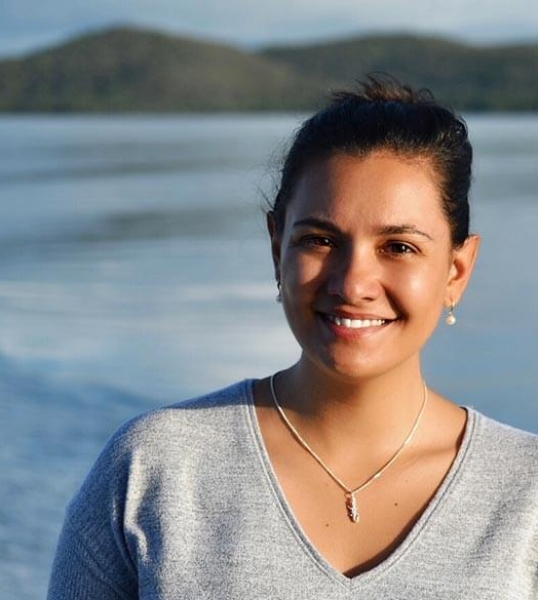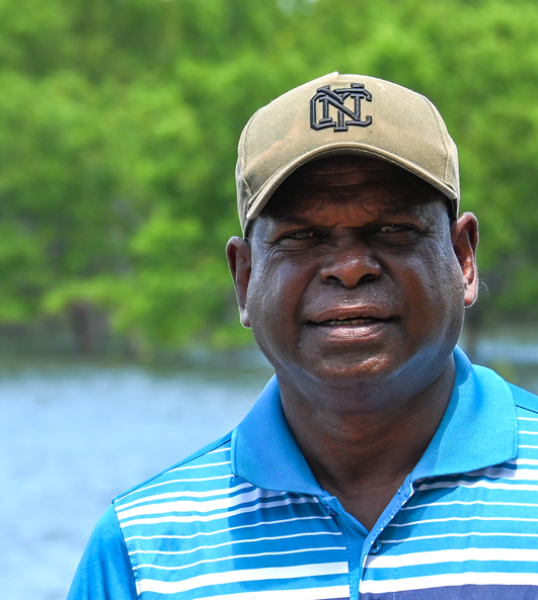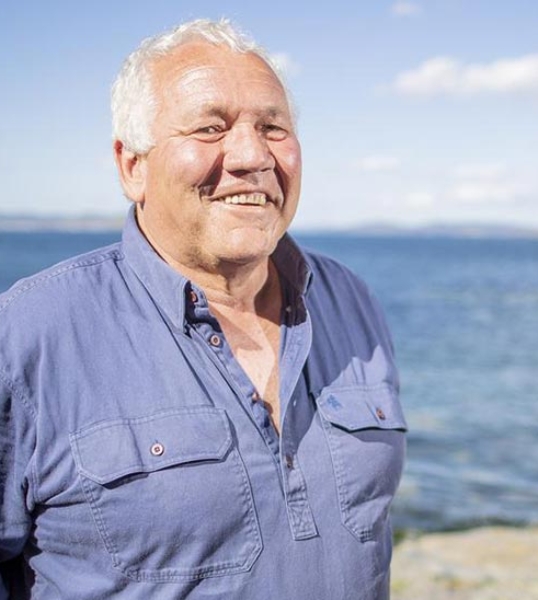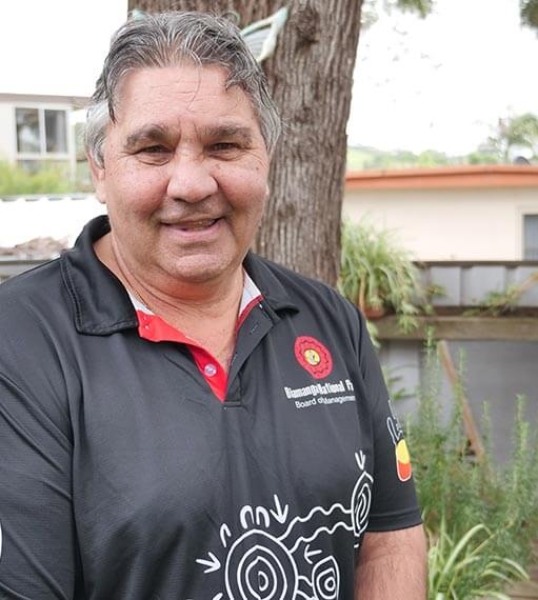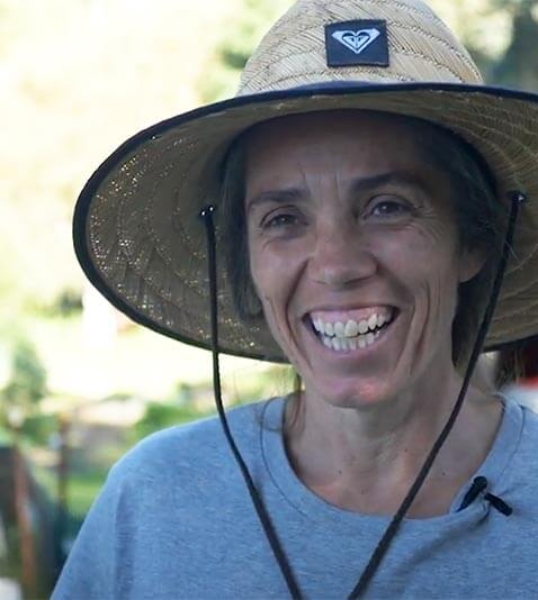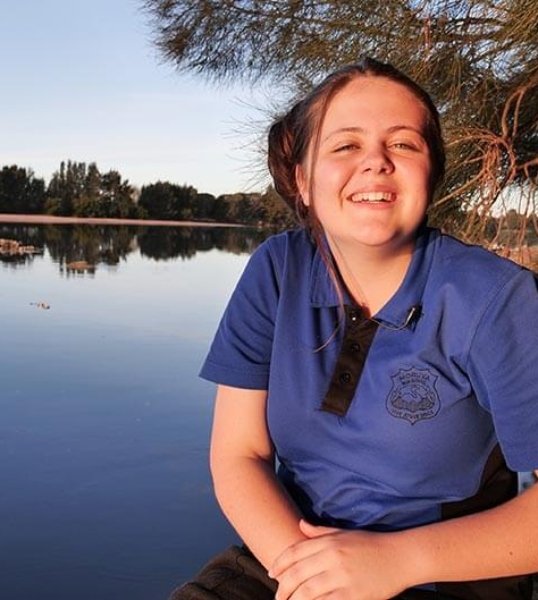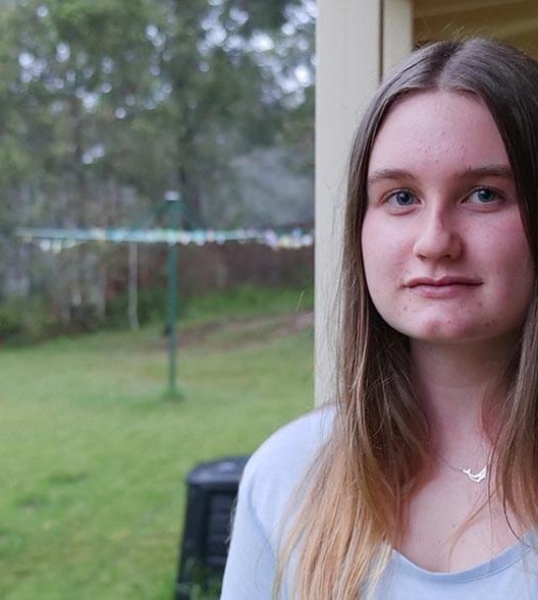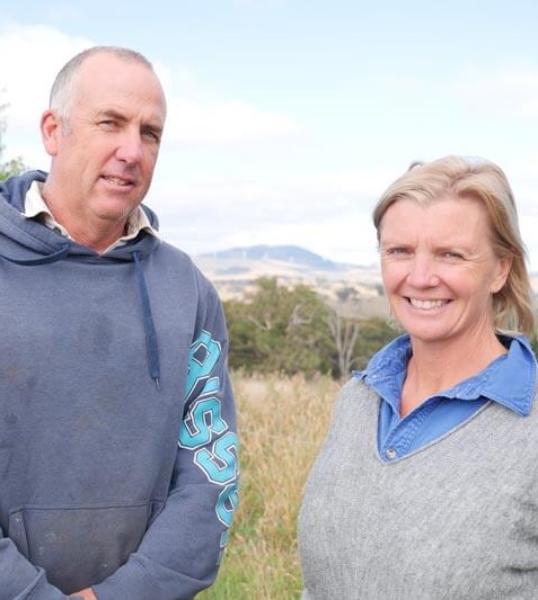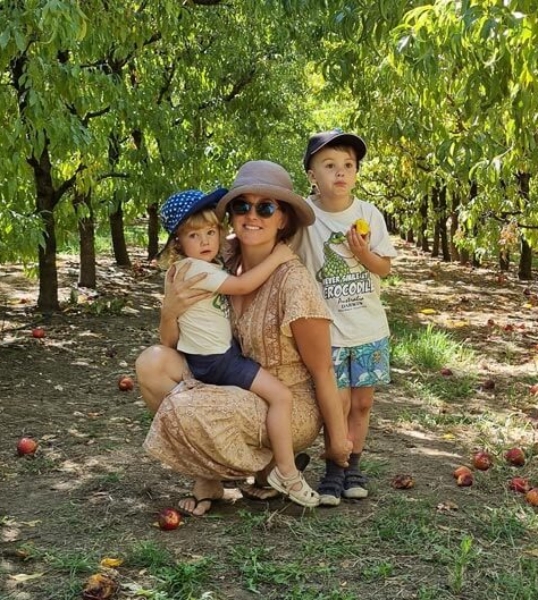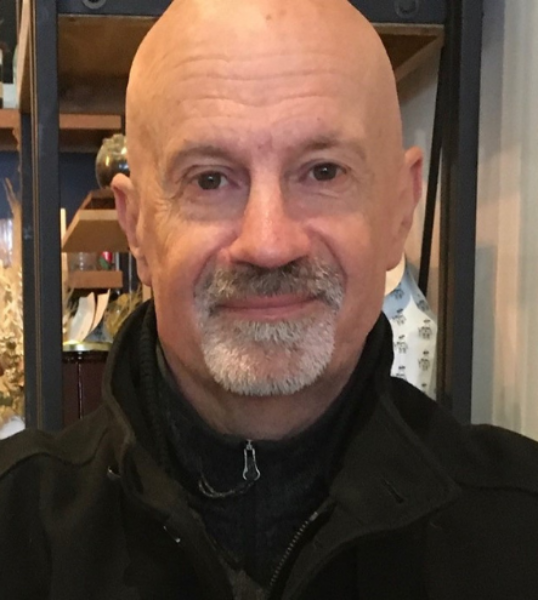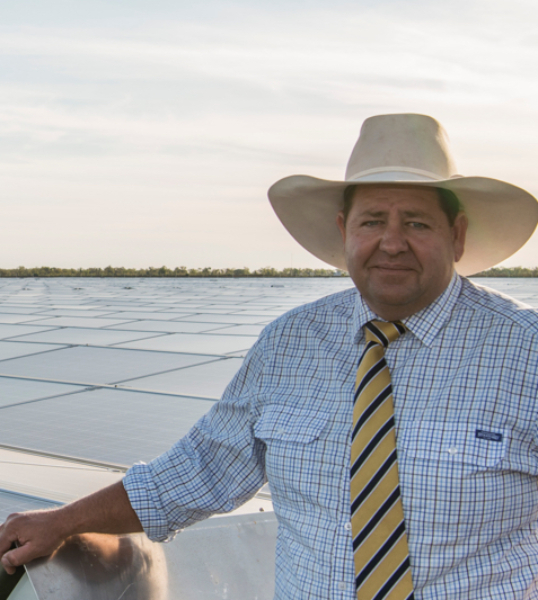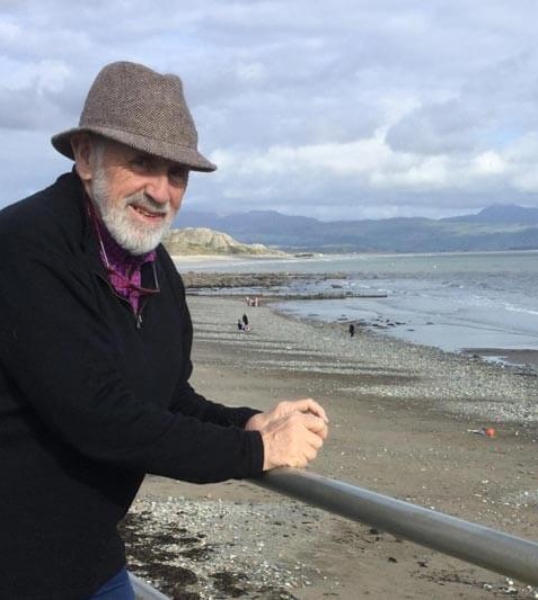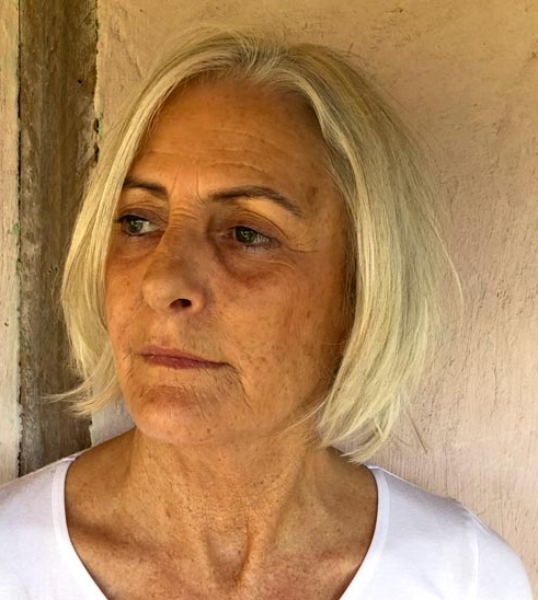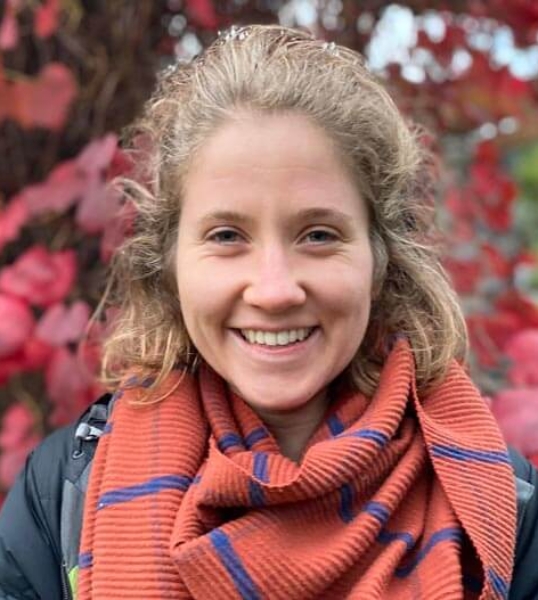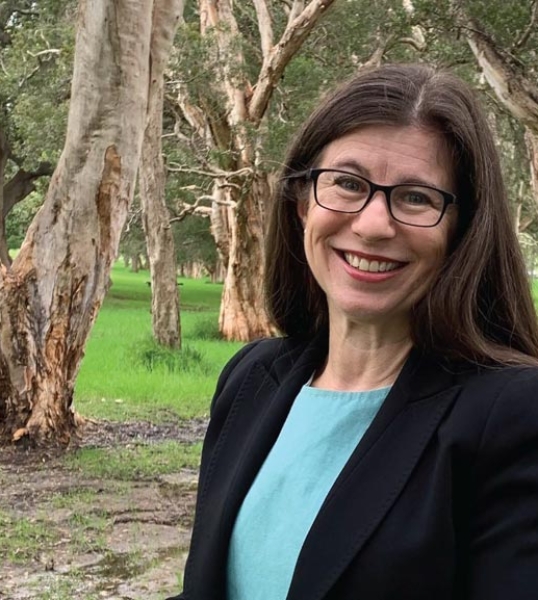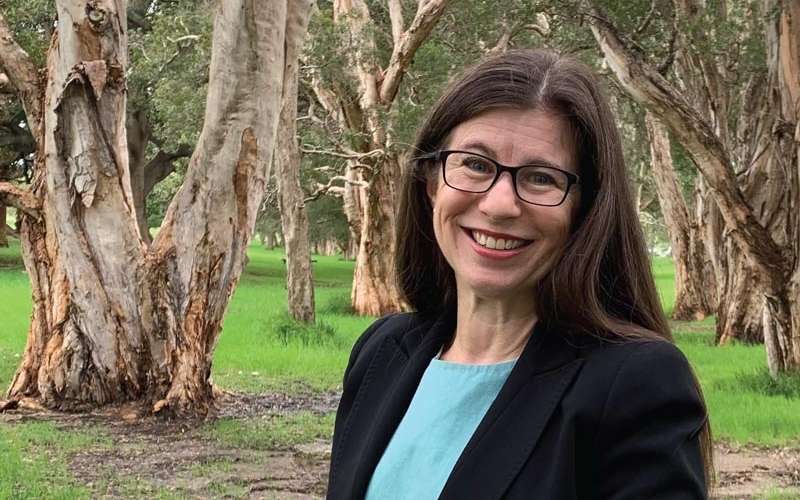
For most people, being anxious abut climate change is a healthy response to a real threat.
Sydney, NSW
My name is Dr Cybele Dey. I’m a child and adolescent psychiatrist and a paediatrician.
I do research into the impacts on mental health of climate change. I live and work on the lands of the Gadigal people of the Eora nation (Sydney, NSW).
I have been working in child and adolescent psychiatry since about 2000. I am really passionate about understanding and helping young people with thoughts, feelings and behaviour and working with families. I started focusing on the mental health impacts of climate change during the Black Summer bushfires.
There’s a clear link between climate change and our mental health. As temperatures go up, there’s a really significant increase in mental health distress. It’s the layering of heat and humidity and the inability to sleep on top of everything else.
When you look at what’s happened in New South Wales in the last decade or so, the increase in very hot days is just incredible. As temperatures have risen, the number of teenagers and young people going to hospitals’ Emergency Rooms with mental health issues has started going up too, by almost 9% year on year. It’s increasing faster in those areas where the temperature has increased the most.
The mental distress that young people suffer during a disaster often takes a couple of years to present. Adequate support makes a big difference. A huge problem is compound disasters. When you have one disaster, you see an increase in depression, anxiety and post traumatic stress down the track.
But when there’s another disaster before the family and the community has had a chance to recover, the mental health impacts come more severe. That’s what I’m seeing in patients who have been affected by bushfires, flooding and then the Covid-19 pandemic – there’s no recovery time before the next disaster hits.
People sometimes talk about Climate Anxiety, but that suggests that the concerns people have about climate change are unfounded. Being distressed about what’s going on with the climate is often appropriate. For most people, it’s a healthy response to a real threat. In that situation you need people to believe and support you. That’s just one reason why it’s so important to acknowledge the threat to health and other things from climate change.
It’s natural to expect people in leadership positions to protect us against climate change and that means cutting fossil fuel emissions now. When we know climate change is a threat, but we can see that governments are not taking action, that actually adds to the mental health harms people feel. People would feel a lot better if they could see leaders taking the necessary steps to cut fossil fuel emissions.
We also need to support people working in the coal, oil and gas industries, and transition them into sustainable long term jobs so they’re not left unemployed. Otherwise we create a load more stress for people who’ve been left behind.
Hundreds of people from across the country are sharing their stories to send a clear message to the Australian government - it's time for real action on climate change.
Every story appears as a point on this map. Click around to read how climate change is affecting our communities, and add your own story to the map.
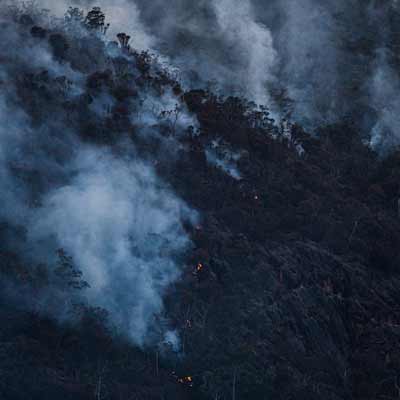
We had a 1 in a 100 years hurricane in 2003. Well since then we have had two others each one stronger and more destruction. So the 100 years is gone.
Read my storyPeople all across Australia are being harmed by climate change. These are some of their stories.
